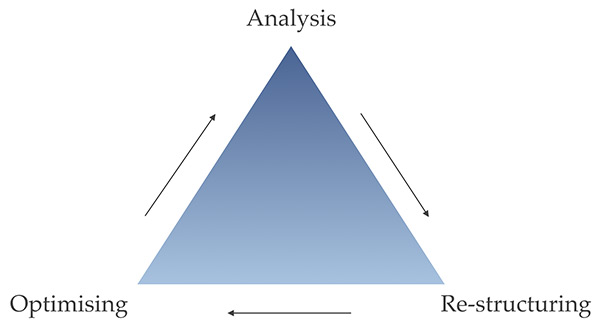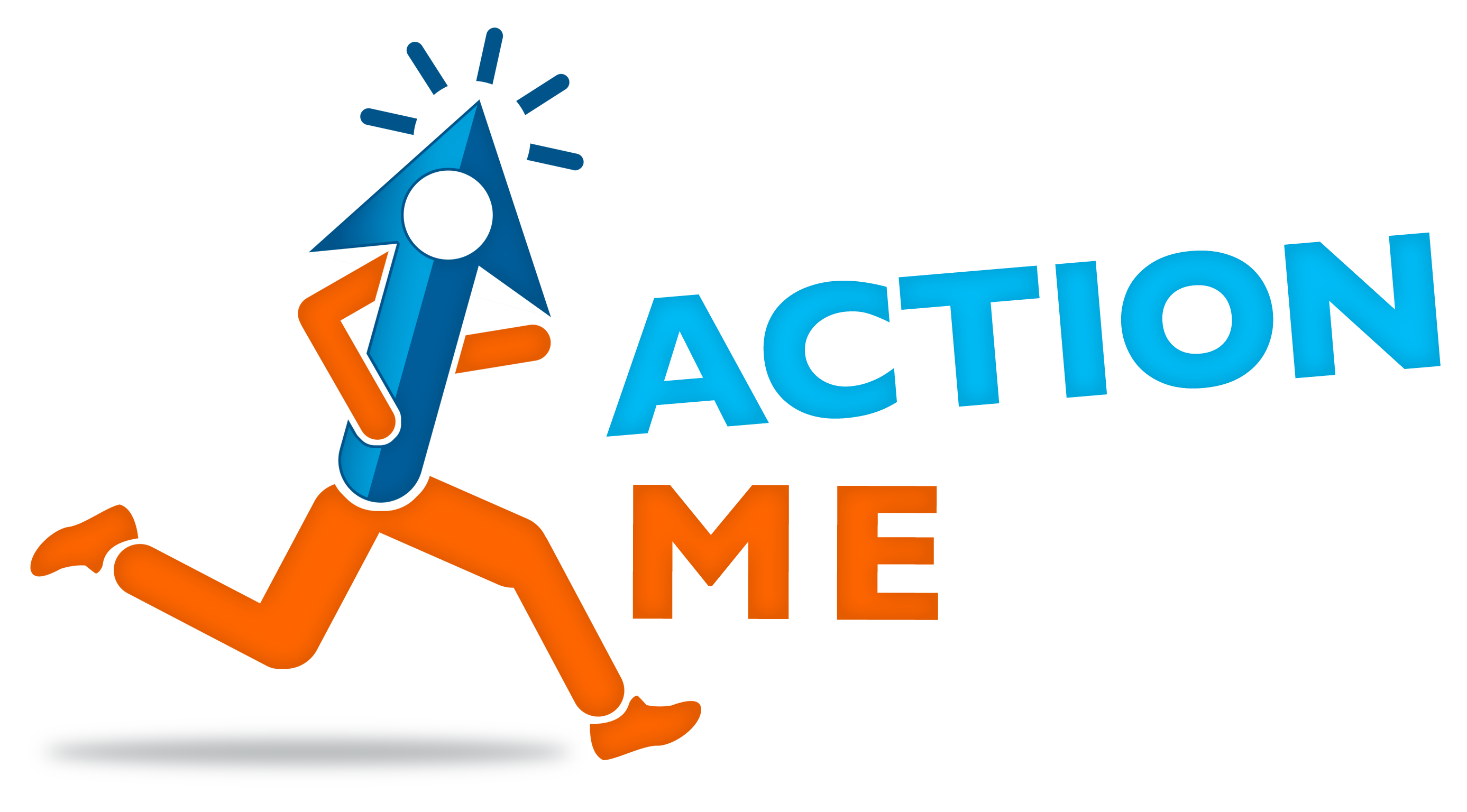(To be completely honest, I’ve been doing Google Ads for eleven years and I’ve been doing them full time for nine. So I averaged that out to make ten. It was a better title. Ah-hem.)
Here we go, in random order
Don’t believe everything Google tells you
Consider two facts:
- Google only gets paid when someone clicks on an ad
- Google has to answer to its shareholders
Now, imagine you worked for a company which advertised in a newspaper and the newspaper gave you training in how to use their advertising where most of the advice ended with you spending more. You’d soon realise that you weren’t getting impartial advice.
Yet Google has certification schemes, training and reps who call you with help (but who have internal targets to increase the spend). Here’s one of the recommendations in my account:
“Your ads stopped running on your busiest days. Fixing your limited budget can help.”
The first sentence is true. There are two ways to handle that. One is their suggestion to fix the budget, the other is to lower your bids and spend within your customer’s budget. Either might apply, depending on the circumstances, but it’s odd they only mentioned the option which brought them more income.
Look, I’ve has some very good suggestions from Google people who call me, but I’ve also had some humdingers which nearly cost me business. All I’m saying is, you work for your customer (or yourself), not for Google. When Google gives you advice, don’t assume it’s always the right advice.
Sort your brand conversions out.
A brand conversion is when someone makes a search which includes your company name. It’s not always a valuable conversion because the person knew the company already so may have already decided to buy from you.
Sometimes you should run brand campaigns and sometimes not, I’ll leave that debate for another place. What you must not do, however, is let those brand searches be spread throughout different campaigns. I’ve run into too many accounts lately which looked like they were converting well, but actually were mainly getting brand conversions and only rarely reaching new customers.
Summary: If you are going to advertise on your brand name, do that in its own campaign. Otherwise, negative brand keywords out of all other campaigns.
The Triangle of Boredom™
(N.B. I haven’t really trademarked this, I just made it up as a joke.)

When I visit my customers, especially new ones, they like to hear about all the clever new things I’m going to do for them that other agencies won’t. I try to put on a good show. The real fact is, though, that the most valuable thing I do is analyse their account, structure it in a good way and optimise it. Then repeat.
You see, in web marketing, you never look a customer in the eyes. The only clue you have whether you’re making the right business decisions or not is to do something, see what happens and then react on it.
Now, if your adgroups are unfocussed so that your ads are triggered by diverse searches, then you’ll do things, have no clue if they worked, and you’ll fail. That’s why the structure of an account has a massive effect. With a good account/campaign/adgroup structure you can match specific keywords to specific searches, and you can sort out what’s working and what’s not working.
Watch out for the Death Spiral
These days, Google pushes automation at every turn. Whatever they say, test it. In my experience automation works for you sometimes and other times it doesn’t. I guess if you have huge accounts it may work all the time.
Anyway, if you do put any of your campaigns on automatic, you still have to watch them. I’ve often had campaigns run very well for a while then suddenly go into a Death Spiral: as they find less conversions they have less data and so are less able to work.
Watch out for the Death Spiral. When it happens, put your campaign back on Manual and fix things before you again consider automation.
Look at your search terms report
Any experienced Google Ads person knows the difference between the keyword you have selected to bid on and the actual search which a person makes and which triggers your ad. Over the years, even the definition of Exact Match has become less strict and some surprising searches can sneak through.
So check your Search Terms report. Here you will find
- searches which need to become negative keywords
- brand terms when you thought you were reaching completely new people
- highly performing keywords which you don’t already have
- a new understanding of your market
Check if your conversions are real
This applies particularly when taking over a new account. Conversions are not always what they seem and you have to check the reality of them. Ultimately, conversions will drive everything you do, but there are so many ways people mess them up or they just go wrong:
- the code is installed wrongly
- the code is on all the pages
- you’re counting a page view as a conversion (unless it’s the Thank You page)
- you have the Google Ads conversion as well as an imported Analytics conversion
- it’s the old code
- etc
Not all Google Ads conversions are tracked
Once you’ve checked that your conversions are real, be aware of this:
The number of conversions in your account is understated.
That’s my experience. I have set up brand new businesses with only Google Ads driving business and they missed 20 – 50% of the sales I made, even though there was nowhere else they could have come from.
How? There are technical people who understand this better than I, but cookie technology isn’t reliable; you’re probably not tracking store sales or call-in sales; people start on one device and finish on another; and many other reasons.
And the danger of this is that you abandon campaigns that are working, you abandon Google Ads altogether, you cut your outreach and you strangle your business.
Let the ads drive what you do, not the products
By which I mean …
Some products from your product range will work on Google Ads and some won’t. Find out what they are, focus on those. If you are taking over a running account then that data is already there. If not, then test as many different products as you can until you have some that work.
That sound like obvious advice until you consider …
… all the customers I’ve had that told me which of their products they wanted me to push. It’s their new product, it’s their favourite product or it’s their personal favourite. Of course they have every right to ask, they know their business, but the fact is that some products work better in this advertising medium than others. (And it was my job to convice them of this.)
Why that is, is not always clear and can be the subject of much speculation. Lack of competitors is a strong contender, but not the whole story. Better to go in with the minimum of preconceptions, find out, and figure on the reasons afterwards.


Recent Comments